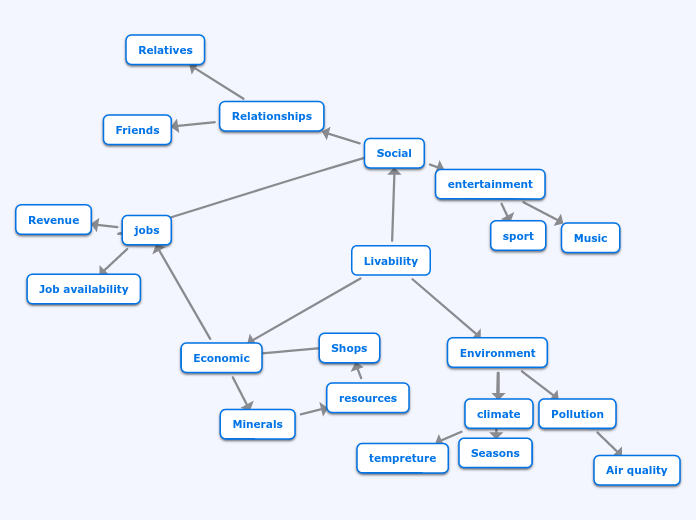av Hammad Faisal - Rick Hansen SS (2542) för 6 årar sedan
318
globalization
Globalization has had profound effects on various aspects of society and the economy, both positive and negative. On the downside, it leads to the rapid consumption of finite resources such as fossil fuels, contributing to increased carbon dioxide emissions globally.









